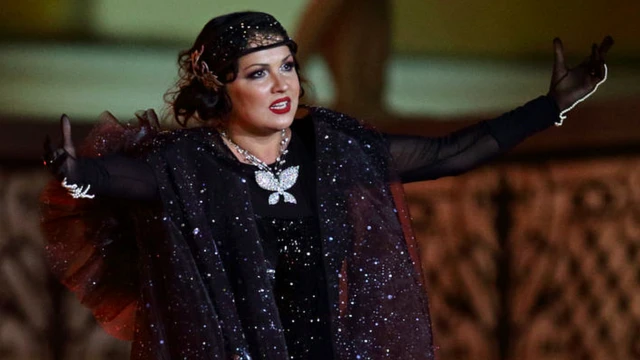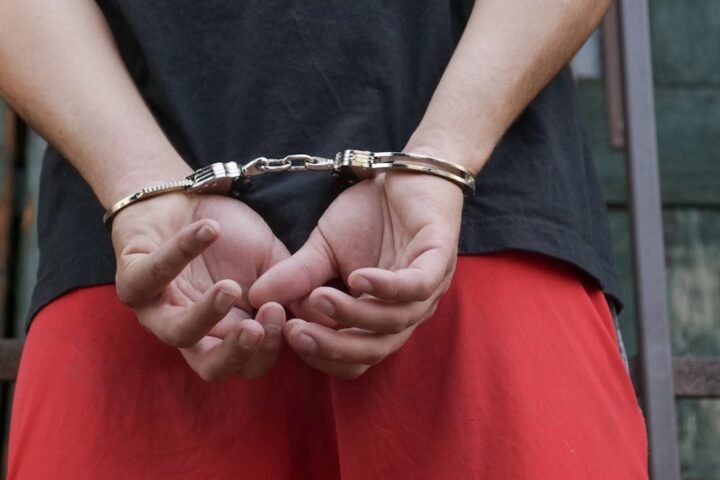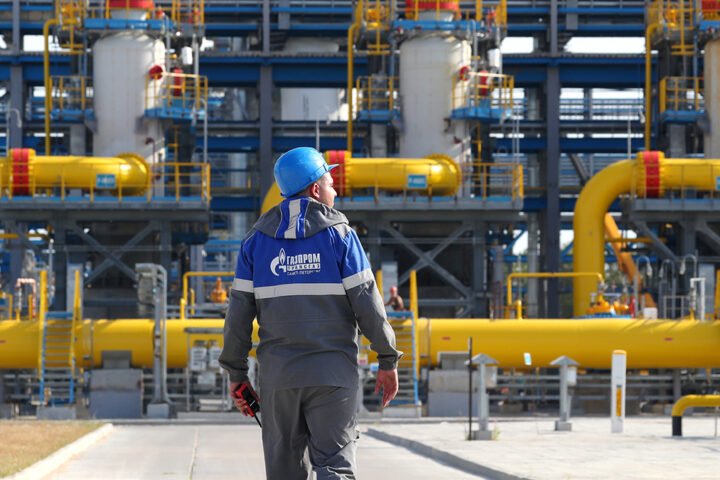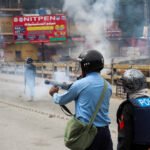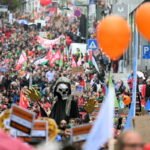On September 7, 2025, several hundred protesters gathered outside the Royal Opera House in London opposing the return of Russian soprano Anna Netrebko. Despite the demonstrations, the opera confirmed that Netrebko will open its 2025–2026 season on September 11 with the lead role in Giacomo Puccini’s Tosca. The singer, once a trusted figure of Vladimir Putin, is scheduled for four performances of Tosca, a December appearance in Turandot, and a solo concert in June 2026. Her comeback has stirred heated debates within Britain’s cultural community and the Ukrainian diaspora in London.
Controversial career and political ties
Netrebko, who holds Russian and Austrian citizenship, was a public supporter of Putin during the 2012 presidential election and openly endorsed Russia’s annexation of Crimea in 2014. She later performed in territories controlled by Moscow-backed separatists and posed with their leaders holding the “Novorossiya” flag. Although pressured to condemn the full-scale invasion of Ukraine in February 2022, her statement against the war was widely viewed as insincere, as she did not explicitly denounce Russia’s aggression. This prompted Western opera houses from Italy to the United States to sever contracts with her.
Cultural backlash and open letters
In mid-August 2025, fifty cultural, political and public figures from the UK and Ukraine issued an open appeal urging the Royal Opera House to cancel Netrebko’s invitation. They argued that hosting her disregards Ukrainian suffering and undermines cultural solidarity during wartime. Ukrainian author Andrey Kurkov highlighted the inconsistency of London’s opera management: earlier this year, the Royal Opera House canceled its planned participation in Tosca at the Israeli Opera in Tel Aviv over objections to Israeli actions in Gaza, yet still engaged Netrebko, a protégé of Valery Gergiev, a close ally of Putin. According to Kurkov, this demonstrates a clear double standard.
Soft power concerns
Critics warn that Netrebko’s renewed presence on major European stages plays into Russia’s cultural propaganda. Moscow has long used prominent artists like Gergiev, filmmaker Alexander Sokurov, and Netrebko as tools of soft power to bolster its global image. Her performances, they argue, risk symbolizing a victory for Russia in the ongoing cultural and information war. For many, the issue goes beyond one singer: it highlights how art can become a battleground for values at a time when Russia continues its assault on Ukraine.
